
The controversial ending to Mojang Studios’ Minecraft has sparked plenty of conversation over the years. A poem scrolls on-screen following after players defeat the Ender Dragon for a whopping nine minutes. Quotes from the “End Poem,” as the swan song is titled, have been inked on fans skins and turned into merch. But the story behind the prose is tantalizing in itself.
In a lengthy Twitter thread, Irish writer Julian Gough recounted meeting Minecraft creator, Markus Persson 11 years ago and writing the narrative ending for the adventure game, Minecraft’s End Poem. Gough said he was pressured into signing a contract with Mojang Studios, and later Microsoft after the company purchased the studio back in 2014, after the ending had already been implemented in the game. The contract would sign over Gough’s rights to Mojang and later parent company Microsoft. According to Gough, he was never under contract with Mojang when he wrote the game’s ending, meaning he owned the copyright over the poem, not the corporation. In the thread, Gough uploaded a photo of the contract Microsoft allegedly sent that Gough refused to sign in 2011 and in 2014.
“I’m lucky in that I don’t give a shit about working in the video games industry, so I can just tell the truth and whatever happens, happens,” Gough told Kotaku. “Video games are a great artform, potentially the greatest artform, but the industry as a whole frequently doesn’t treat writers with respect or understanding, and so it often doesn’t get the best out of them. It’s tragic, because the best writers can really elevate the whole game, at every level.”
After taking shrooms in the Netherlands, Gough decided to take the Minecraft Poem End under public domain through a Creative Commons license, according to his own account of the story, which he shared on Substack in December 2022. Gough said he put Minecraft’s ending under the public domain was so that players would be free to do whatever they liked with it, whether that’s using the poem in a school play, making T-shirts and posters of it, or painting it on the side of a van.
G/O Media may get a commission
$50 off preorder
Ring Car Cam
It’s a camera. For your car.
The Ring Car Cam’s dual-facing HD cameras capture activity in and around your car in HD detail.
“But there’s no point giving people a present if they don’t KNOW they’ve been given it. So I wrote a long piece on Substack, telling the story,” Gough wrote in the Twitter thread. “It went mildly viral. A terrific editor at a major global media organisation read the piece, and got in touch.”
When the undisclosed media organization reached out to Microsoft, Gough says the company refused to reply. According to the writer, Microsoft’s silence was the company’s way of circumventing the Streisand effect. Rather than making a big deal out of news only to make the news become a bigger story, the article was scrapped.
“And… it worked. Silence worked. The lawyers at the media organisation, understandably but annoyingly, lost their nerve,” Gough wrote. “Without a comment, even a ‘no comment’, it was impossible to tell what Microsoft knew or planned to do. And that was too much risk for the media organisation’s lawyers, because Microsoft [has] 1700 lawyers and unlimited financial firepower.”
Kotaku reached out to Microsoft for comment but did not receive a reply.
Had Gough’s ending been for “some tiny little indie company with no legal department,” he says getting news out about his ending poem, would not have faced such high levels of “scrutiny” and obsessive fact-checking by lawyers.
“If they said or did anything, we could have reacted to it. If they made a good objection, we could have changed a few lines, and published,” Gough wrote. “If they made a bad objection, we could have shown them proof that we were right, and published.”
Gough told Kotaku its been interesting seeing his Twitter thread receive a support from fellow writers and folks in the video games industry.
“I’ve even received PayPal donations from Microsoft employees! That was a pleasant surprise,” Gough said. “And I’ve had some eye-opening DMs from writers, and other creatives, who feel they were screwed over by big games companies, but who are afraid to say anything in public, because they worry they will be quietly blacklisted. There’s a lot of hurt out there.”
At the end of his thread, Gough encouraged players to read and share the original Minecraft game’s ending, which can be seen in the YouTube video below.
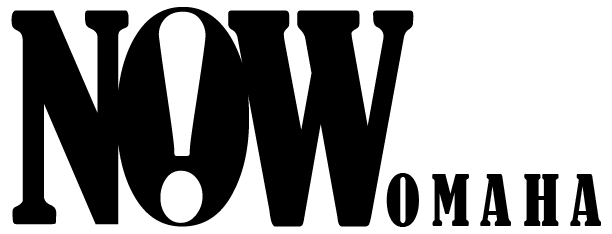
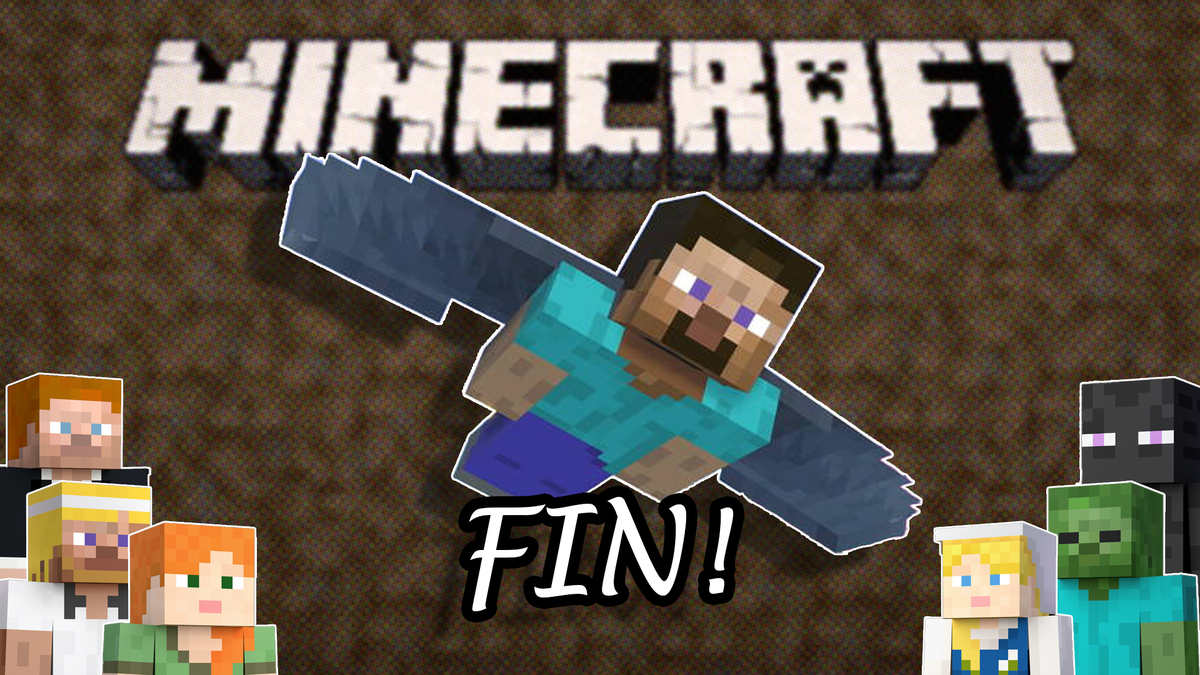
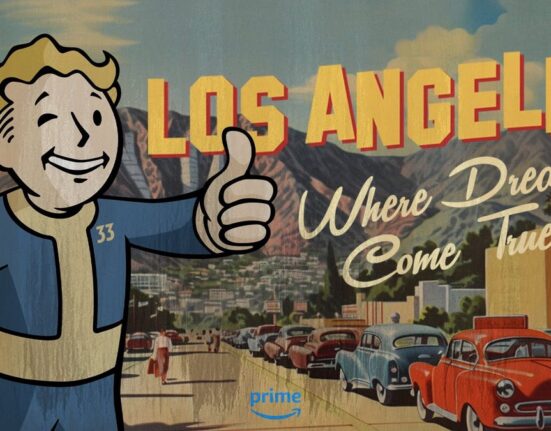
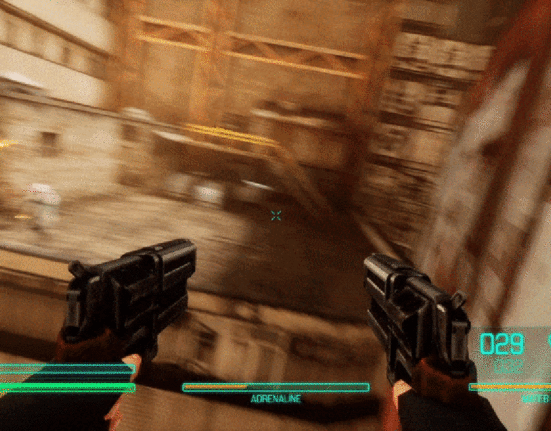
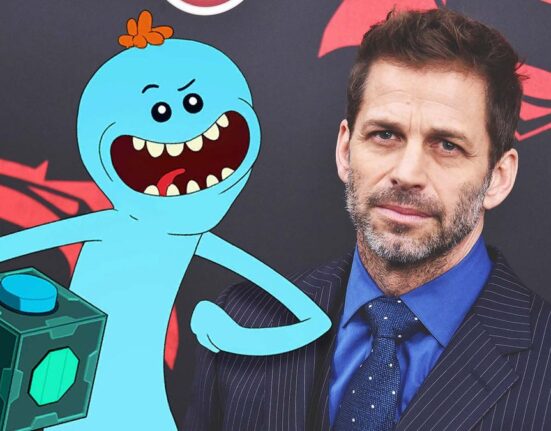
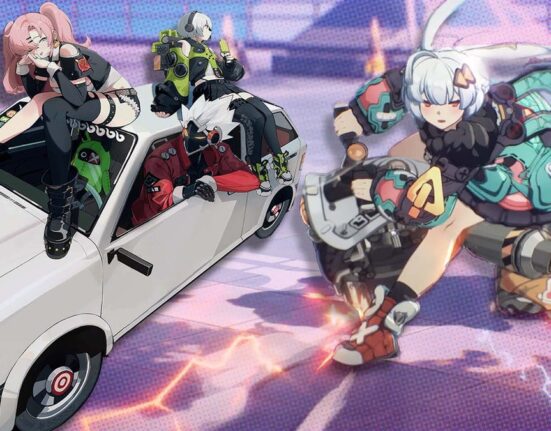
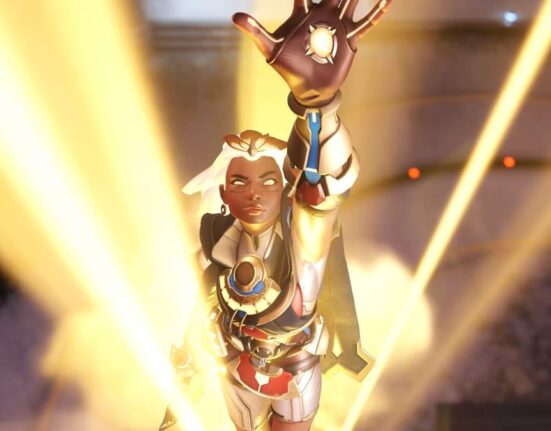
Leave feedback about this